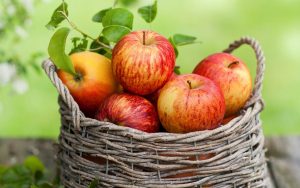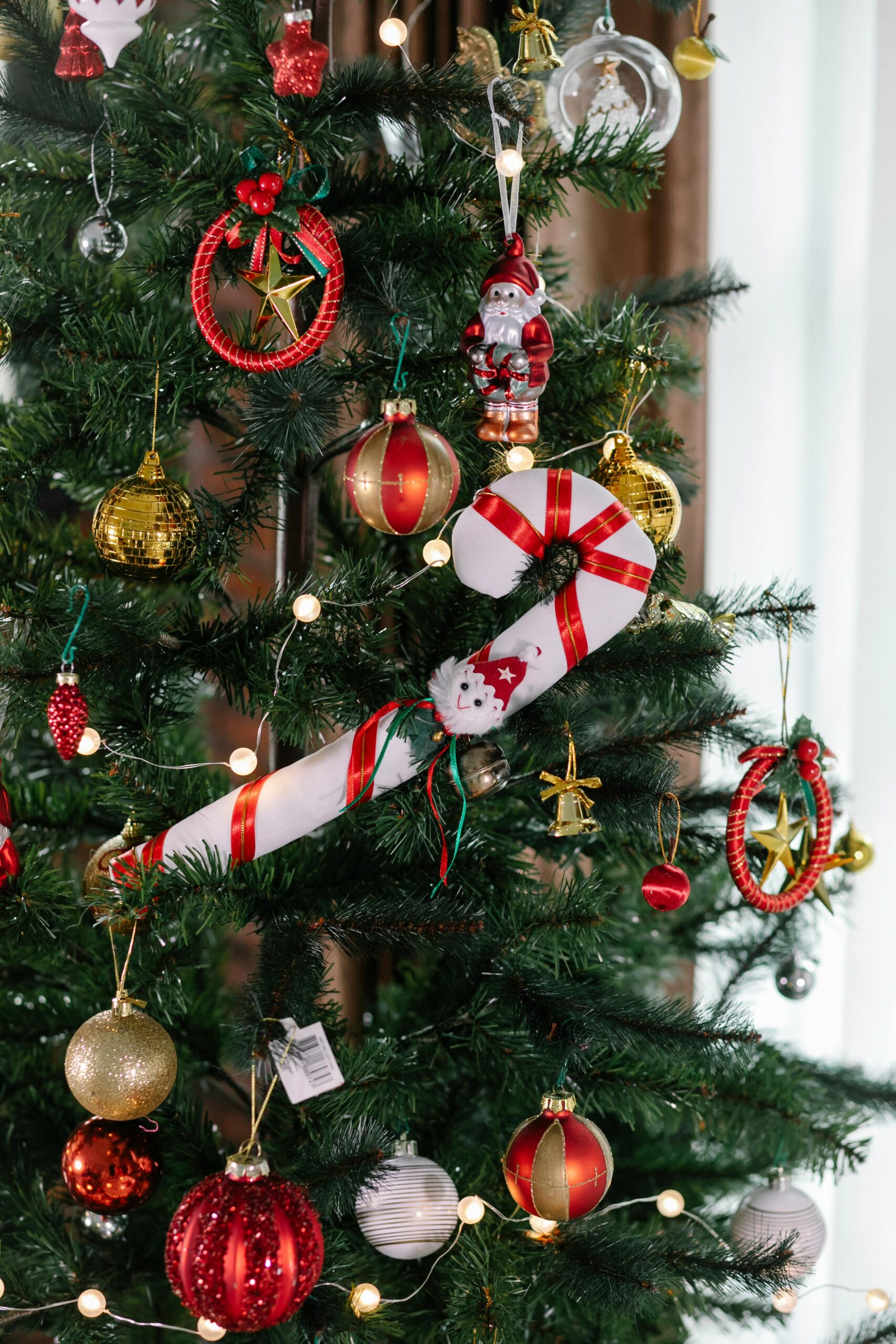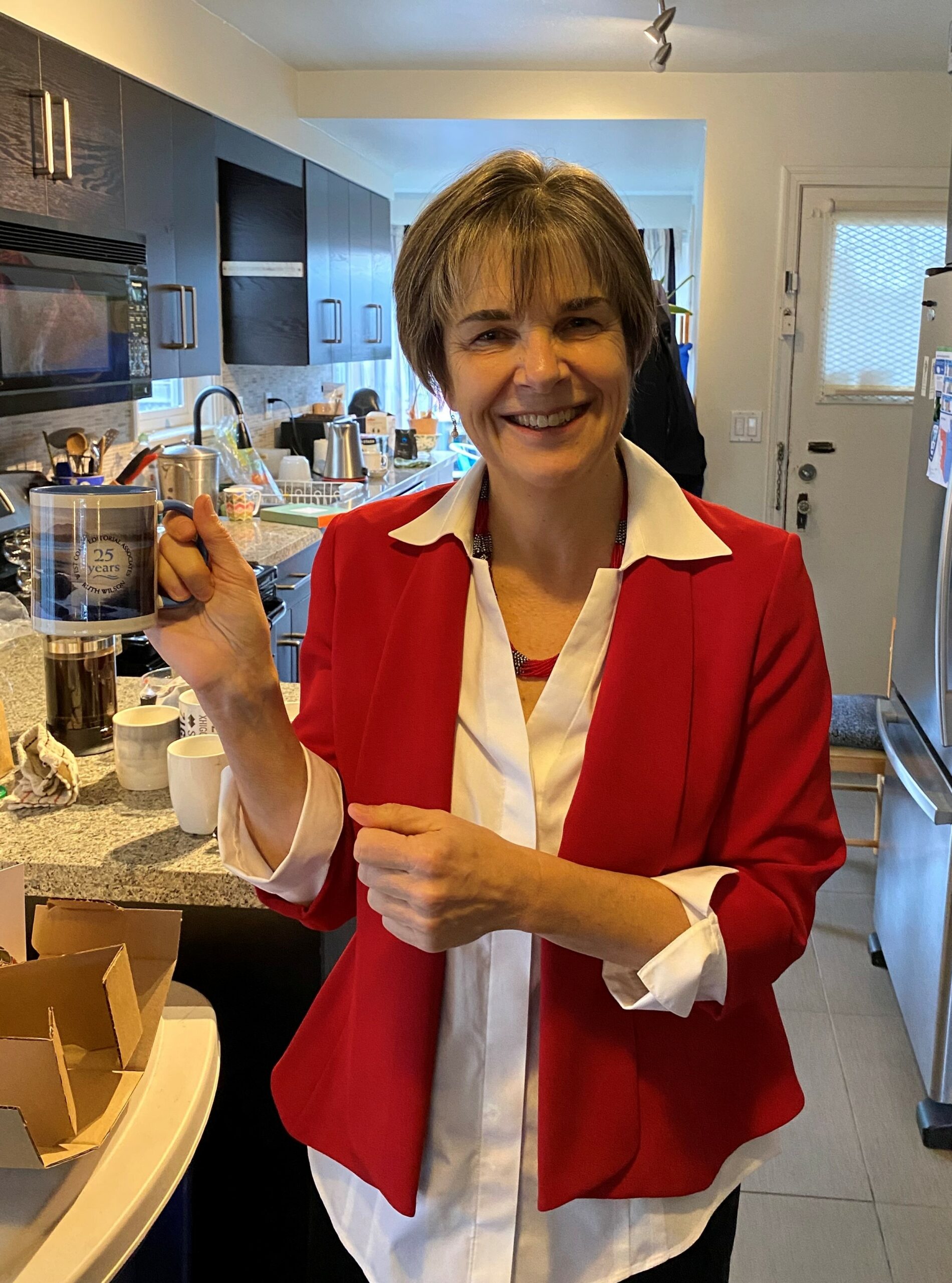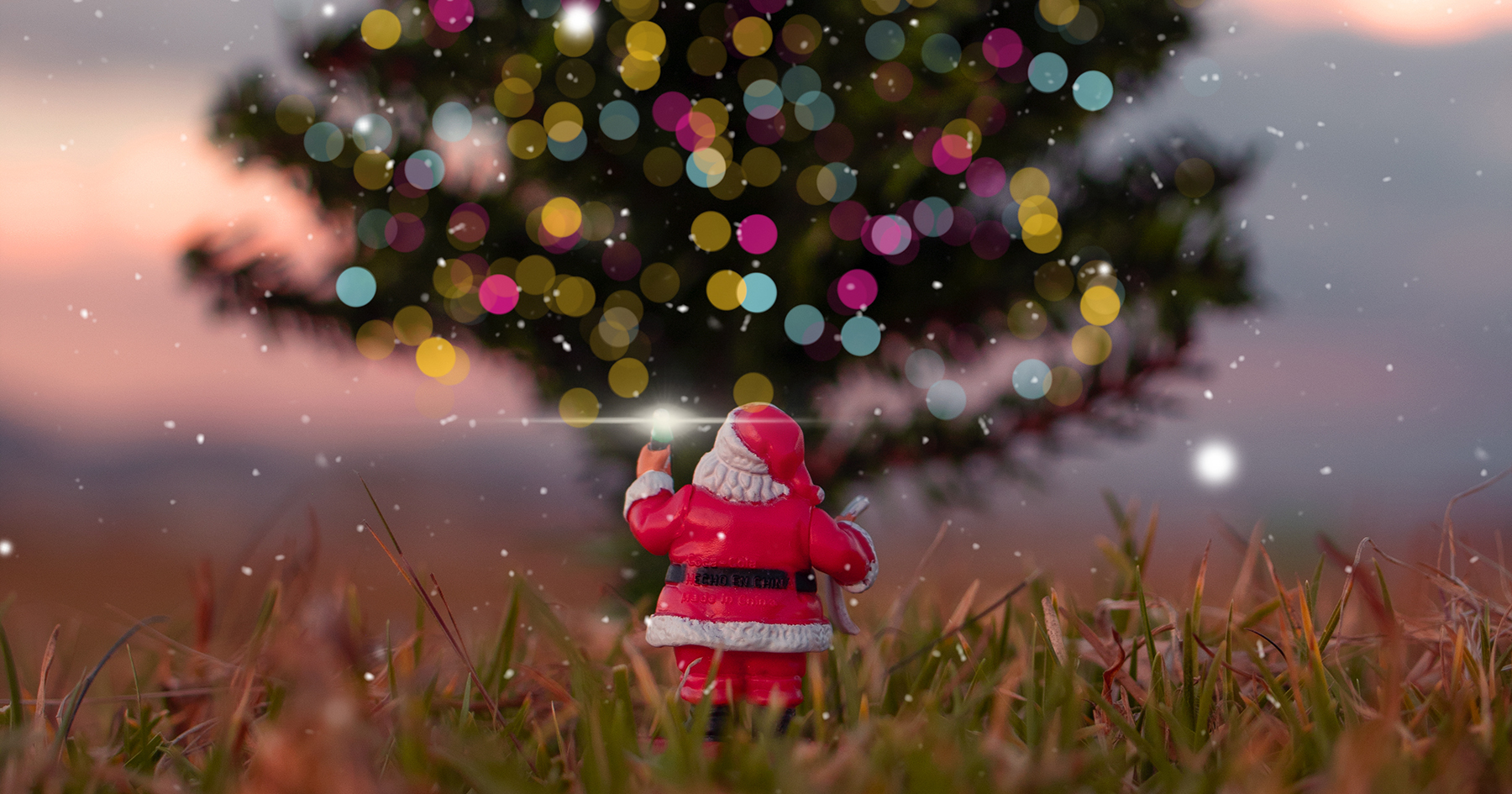Have some professional development fun with our Twelve Days of Christmas changes in the new edition of The Chicago Manual of Style.
A hallowed tradition
 Last night, it being Halloween—or perhaps Hallowe’en—I spent a few minutes thinking about apostrophes again. My blog writing schedule seems to be governed by dates of note that may or may not take apostrophes (see my April 1 posting on the apostrophe in April Fool’s Day).
Last night, it being Halloween—or perhaps Hallowe’en—I spent a few minutes thinking about apostrophes again. My blog writing schedule seems to be governed by dates of note that may or may not take apostrophes (see my April 1 posting on the apostrophe in April Fool’s Day).
But my attention shifted abruptly from punctuation when some children came to my door carolling “Halloween Apples” instead of shouting out the more conventional “Trick or Treat.” I was intrigued.
I grew up on the Prairies in the 60s and 70s, and “Halloween Apples” was de rigueur for securing candies and other treats on the snowy streets of Winnipeg. It wasn’t until I moved to the West Coast that I discovered that this singsong chant was a “Prairie thing”—the layperson’s way of describing a linguistic regionalism.
I asked the three young costumed girls where they had learned “Halloween Apples.” Had their parents grown up on the Prairies and told them about it? I was taken aback when one of them said that her grandma had talked about it when telling stories of her own October 31 adventures back in the “olden days.”
Friends and family in Winnipeg, Saskatoon, Calgary, and Edmonton tell me that “Halloween Apples” can still be heard, but it seems to be dying out. That’s a shame, I think, because linguistic regionalisms provide colour to our history (and sometimes something to blog about!).
Unlike other regionalisms, this one requires a very particular intonation. The two words are elongated in a two-note pattern: Haaaal-o-ween A-PUHls, played as:

You can hear the tune by clicking on the audio file here:
Now you know how to sing it. As for that pesky apostrophe—whether it should be Halloween or Hallowe’en—I’ll leave that to Canada’s Word Lady, Katherine Barber, editor of the Canadian Oxford Dictionary, who blogged on this topic earlier.



